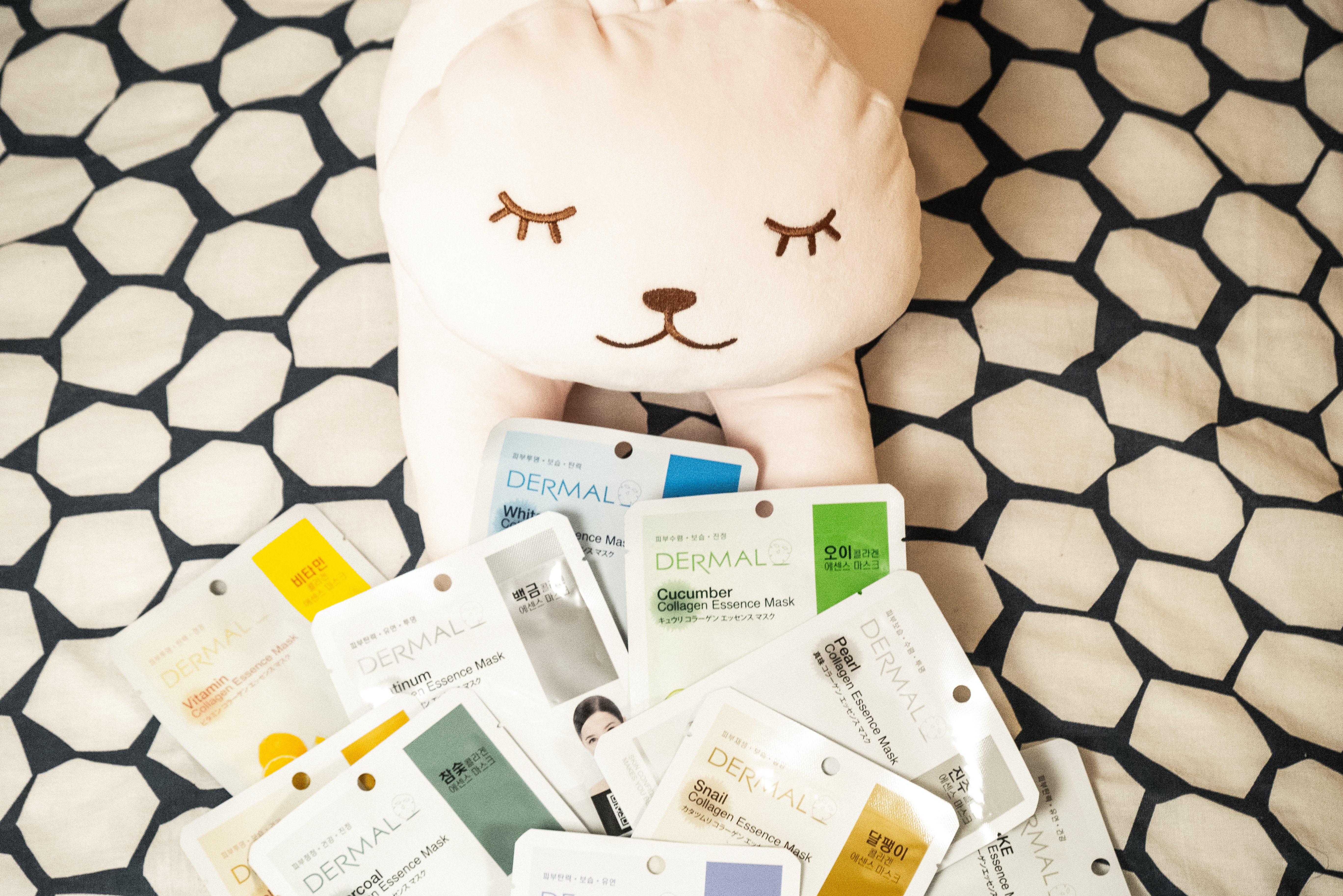Before coming to Stanford, I was in denial about duck syndrome. I assured myself that I was confident enough in my abilities that I wouldn’t compare myself. I had gotten into Stanford! I don’t need to prove to others that I belong here. Duck syndrome isn’t real.
It didn’t take me long to realize that duck syndrome really is a thing, though. It actually only took me two weeks.
By the time I had started Week 3 of classes, I was a mess. My schedule changed drastically from Week 1 to Week 2, and from Week 2 to Week 3. I was dropping and adding classes like nobody’s business. In the midst of all of this — even though I was changing my schedule for the better – I felt bad about dropping units because it seemed like everyone around me was taking so many more, yet doing perfectly fine. No, more than perfectly fine — they seemed like they were thriving. Why wasn’t I?
It’s interesting how often I used the number of units to quantify my worth as a student. Because at the end of the day, the number of units you take says nothing about the quality or rigor of your schedule. More importantly, it doesn’t say anything about the quality of your character. It doesn’t say anything about you as a person. You are not just a number. You are not your workload. You are not your major.
I fell into a cycle of feeling overwhelmed by my work, dropping a class, feeling relieved that I had dropped the class, then second-guessing my decision. Not only did I second-guess my choices, but I tricked myself into believing that I wasn’t studious enough, that I wasn’t diligent enough, that I wasn’t doing enough.
But, I was. I was doing just enough. I had to remind myself that “enough” is relative to each person. There is no objective definition or quantifiable amount of “enough.” Do what works for you. Keep your mental health in check. Talk to people: your AAD, your RA’s, professors, employers, etc. Talk to me. TAKE CARE OF YO’ SELF.
In case anyone hasn’t reminded you yet, you are enough. You are doing enough. Transitioning to college is hard. Give yourself time.
More importantly, you aren’t alone in feeling alone. You aren’t alone in feeling like you haven’t found your “group” yet, or not having found someone you feel like you can talk to about everything like you did with friends back home. I’m with ya.
Here are some self-care tips/things to remember that I try to implement into my life.
1. Don’t feel obligated to be involved in classes, clubs, jobs or internships you aren’t curious and passionate about. You owe it to yourself to dedicate your time to things that most matter to you. Sometimes, that means saying “no.”
2. Go out onto Wilbur Field or Roble Field (for my west campus bb’s <3) with a blanket. Sit down. Look up at the stars.
3. Take a walk.
4. Call/facetime/Skype your sibling(s), parent(s), aunt, uncle, grandma, grandpa, etc.
5. Take a nap.
6. Go to Roble Arts Gym and paint, draw, scribble, dance, play the drums, sing or cry (I’ll probably be there often). Hours are as follows: Monday-Thursday 2:30 to 11:30 p.m.; Fridays 2:30 to 5:30 p.m.; Saturdays 2:30 to 7:30 p.m.; Sundays 2:30 to 9:30 p.m.
7. Journal.
8. Talk to your RA (or if you don’t like yours for some reason … talk to Norcliffe’s/Adelfa’s because they’re amazing).
9. Talk to me ([email protected]).
10. Something my AAD shared with me (courtesy of Luis Garcia ’16 M.S. ’17 M.D. ’23) as I was crying in her office LOL:
“Part of your journey at Stanford will be learning to own your oats. You each have strengths, skills and knowledge to contribute. Maybe it’s the way you listen to others when they’re having a bad day. Maybe it’s the non-profit organization you founded in high school. Maybe it’s your rhythm. Maybe it’s your sass. Maybe it’s your ability to find the eigenvalue (Lord knows I never figured out Math 51, so don’t come for me). Maybe it’s a story of resilience and overcoming. It can be tempting to compare yourself to others. To measure your worth and success by the achievements of your peers. It is more accurate, though, to compare yourself against who you were yesterday, a month ago, a year ago. If you’re able to do that and feel satisfied with your growth, then you’re thriving, sweetie. Just keep owning those oats.”
Contact Jeong Shin at jyshin ‘at’ stanford.edu.
